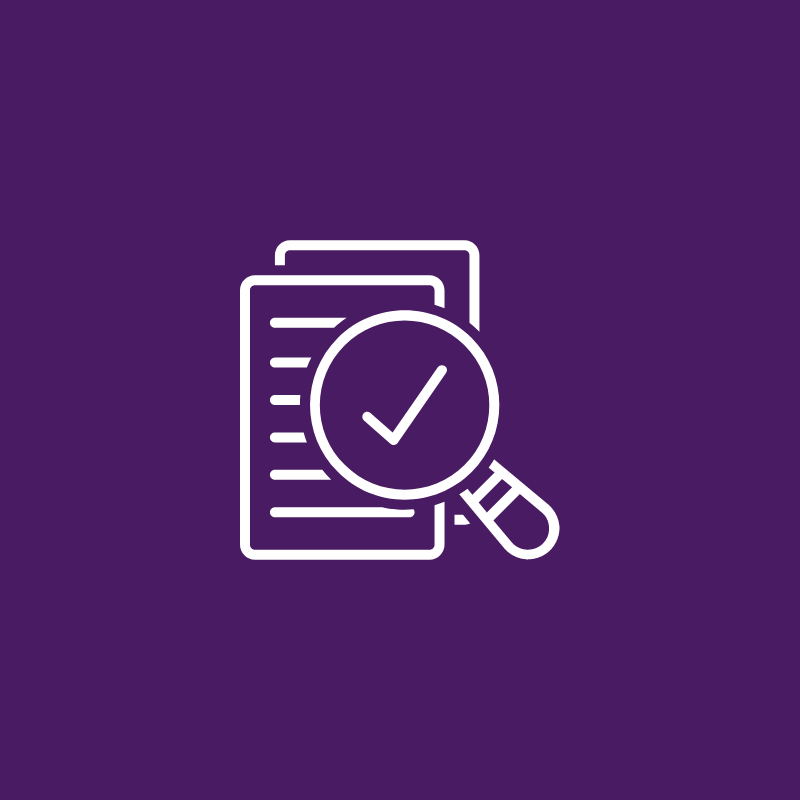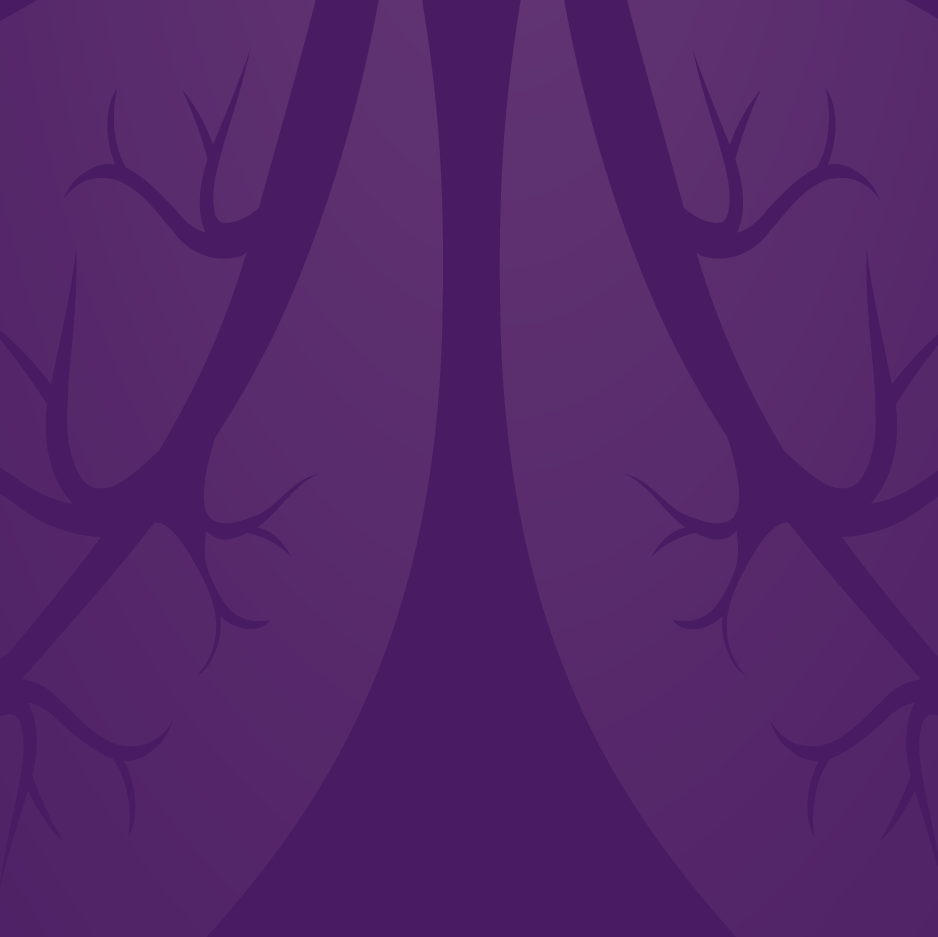Developed by healthcare professionals, patient advocacy groups and patients themselves, the Pulmonary Arterial Hypertension (PAH) Patient Charter is a useful guideline that helps you understand what to expect from your diagnosis, treatment and care, including:
- a timely and accurate diagnosis;
- healthcare professionals to listen to your preferences and involve you in decisions about care and treatment;
- regular checkups and an understanding about the full range of available evidence-based treatment options;
- access to holistic care and social support.
You can download a copy of the PAH Patient Charter in our free PAH resource pack. Developed with clinical experts, this pack contains a range of resources and information on self-management, exercise, peer support and mental health.
PAH is a progressive condition driven by a type of high blood pressure that impacts the arteries in the lungs and heart. As a relatively rare condition, only select health professionals have a complex understanding or awareness of PAH, particularly as symptoms mirror more common conditions like asthma or Chronic Obstructive Pulmonary Disease. Due to the rarity, even in countries with developed healthcare systems, it can take an average of two years for patients with PAH to receive a formal diagnosis.
Timely and accurate diagnosis
Whilst PAH has relatively low awareness among health professionals and the public, and diagnosis may not be imminent upon symptom onset, patients should expect to receive a timely diagnosis within less than the two-year average. If you are suspected to have PAH, it is the expectation that you should be offered tests in line with the PAH diagnostic guidelines. These tests include an echocardiogram, a ventilation/perfusion scan, computed tomography pulmonary angiography and a right heart catheterization.
Involvement in treatment decisions
If you are diagnosed with PAH, it is expected that your healthcare professional informs you of the types of treatment available so that you can make an educated and informed decision about your care plan. The PAH Patient Charter helps you understand how to have these conversations throughout this phase of diagnosis to aid multidisciplinary symptom management and holistic or palliative care to help support you and your loved ones.
Regular health assessment and understanding of treatment options
As PAH is a progressive condition, it is important to understand that a regular health assessment should be completed by your healthcare team to ensure symptom management. When discussing the treatment options available to you, your healthcare professional should explain why they are recommending a particular medicine, including the benefits risks, and any side-effects.
Care and social support
A holistic approach to a PAH diagnosis is important to ensure you live well. When discussing your PAH care plan with your healthcare professional, you should expect your doctor to direct you towards support services to also care for your mental health and emotional wellbeing, as well guidance on physical activity, nutrition, family planning and more.

Download a free PAH resource pack
Being diagnosed with a rare lung disease like PAH can be overwhelming and isolating. In collaboration with clinical experts, we’ve developed a resource pack to help you better understand your condition and the important steps you can take to live well – from self-management strategies and exercise maintenance programs to peer support and looking after your mental wellbeing.


